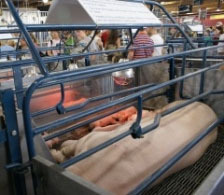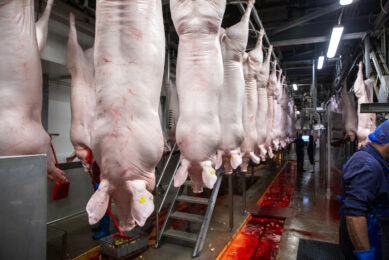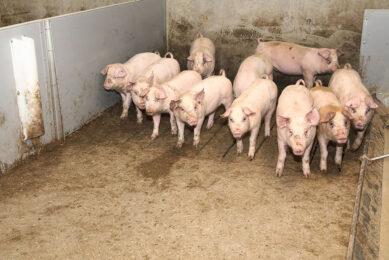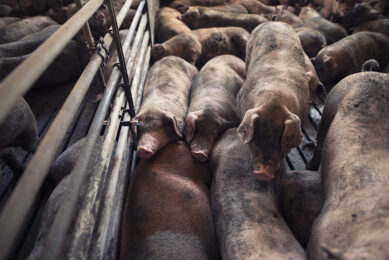RESEARCH: S. aureus in 16% of state fair pigs in USA

Pigs are a potential reservoir for Staphylococcus aureus bacteria in US state fairs, as antibiotic-resistant S. aureus have been found in exhibited pigs at two state fairs. S. aureus was found in almost 16% of the tested pigs.
This was confirmed in a trial carried out by a team of University of Iowa scientists.
The test was set up as fairs and petting zoos have long been associated with outbreaks of zoonotic disease. Since methicillin-resistant Staphylococcus aureus (MRSA) was documented in commercial pigs – it was hypothesised that antibiotic-resistant S. aureus may also occur in pigs exhibited at these fairs.
Test
A number of 157 pigs were swabbed at two state fairs in 2008 to 2009. Both nares were sampled and cultures were grown in enrichment broth, then plated onto selective MRSA plates and blood plates.
S. aureus was confirmed using phenotypic and molecular methods.
The presence of S. aureus was confirmed in samples collected from pigs exhibited at USA pig shows. Percentage-wise, 15.9% of the samples were positive for S. aureus.
Of these 25, two isolates (8%) were resistant to methicillin; 23 (92%) were resistant to methycillin, 14 (56%) were resistant to enthromycin and 15 (60%) were resistant to clindamycin.
The results were published in Veterinary Record.
Related website:
• University of Iowa
• Veterinary Record











